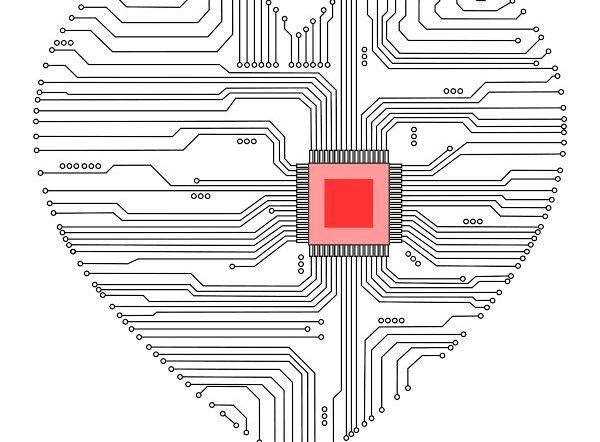Battery Life in Implantable Medical Devices
By Brad Jolly, Keysight Technologies

Originally published by EE Times Asia
Heart disease continues to be a major health problem. The U.S. Centers for Disease Control and Prevention report it was the number one cause of death in 2019. In many cases, heart disease can be treated via lifestyle changes such as diet and exercise; in other cases, pharmaceutical approaches are useful.
In addition, the trend toward implanted medical devices applies to patients with cardiovascular diseases. Many people use pacemakers to maintain heart rhythms. Patients with atrial fibrillation and flutter may benefit from an implanted cardioverter defibrillator (ICD). Pacemakers and ICDs both run on battery power and a depleted battery can be dangerous to the patient. Fortunately, most modern pacemakers and ICDs have low battery warnings that allow the patient to plan for a replacement surgery ahead of the actual battery failure.

